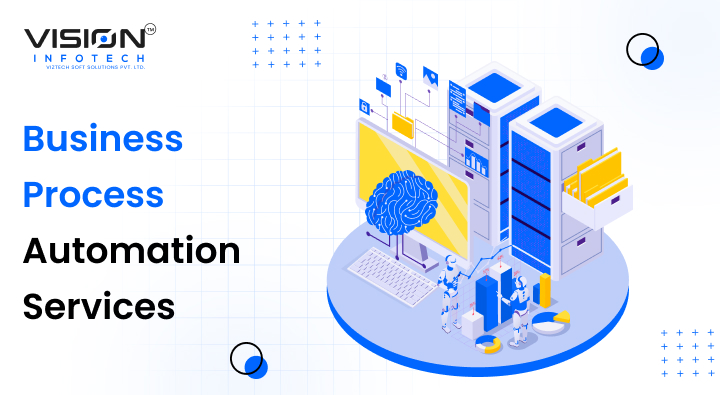Full-stack debugging and testing techniques are crucial for ensuring high-quality applications. Debugging and testing are integral parts of the development process that help identify and resolve issues, optimize performance, and enhance user experience. For those interested in mastering these skills, enrolling in a Full Stack Online Course can provide valuable insights and hands-on experience.
Understanding Full Stack Debugging
Debugging involves identifying, isolating, and fixing bugs or errors in the code. Full-stack developers need to be proficient in debugging both the front end and back end of an application. Here are some effective debugging techniques:
- Console Logging: One of the simplest debugging methods is to use console logs to print variable values and the flow of execution. This helps developers understand the state of the application at various points.
- Debugging Tools: Modern development environments offer built-in debugging tools. For instance, Chrome Dev Tools allows developers to inspect elements, debug JavaScript, and monitor network activity.
- Error Handling: Implementing robust error handling mechanisms can help catch errors before they disrupt the user experience. Using try-catch blocks in JavaScript can prevent the entire application from crashing.
- Version Control: Tools like Git are invaluable for debugging, allowing developers to track changes, revert to previous versions, and identify when a bug was introduced.
Enrolling in a Full Stack Online Course can provide valuable knowledge and hands-on experience in debugging across the entire stack, preparing you for real-world challenges in software development.
Testing Techniques for Full-Stack Applications
Testing ensures that the application functions as expected and meets user requirements. Various testing techniques can be applied:
| Testing Type | Description | Tools |
| Unit Testing | Tests individual components or functions in isolation. | Jest, Mocha |
| Integration Testing | Different modules or services that work together are checked. | Postman, Cypress |
| End-to-End Testing | Simulates real user scenarios to test the entire application. | Selenium, Puppeteer |
| Performance Testing | The speed, scalability, and stability of the application are assessed. | JMeter, LoadRunner |
Learning these skills is crucial for aspiring developers, and enrolling in a Full Stack Developer Course in Delhi can provide practical insights and hands-on experience in testing methodologies.
Utilizing Test-Driven Development (TDD)
Test-Driven Development (TDD) is an approach where tests are written before the actual code. This technique encourages developers to think through the requirements and design of the application before implementation.
Enrolling in a Full Stack Developer Course in Delhi can provide valuable insights into implementing TDD effectively, preparing you for success in real-world development scenarios. TDD has several benefits:
- Better Code Quality: Writing tests first often leads to cleaner, more modular code.
- Fewer Bugs: Since tests are created before development, it reduces the likelihood of overlooking potential issues.
- Improved Collaboration: TDD promotes better communication among team members, as the tests serve as documentation for expected functionality.
For those seeking to enhance their skills, attending Full Stack Classes in Pune can provide the necessary training and knowledge to excel in the field.
Conclusion
Full-stack debugging and testing techniques are vital for delivering robust and high-quality web applications. By mastering these techniques, developers can ensure their applications are not only functional but also user-friendly and efficient. The combination of effective debugging practices and comprehensive testing methodologies is the foundation of successful full-stack development.




That is a nice informative blog thank